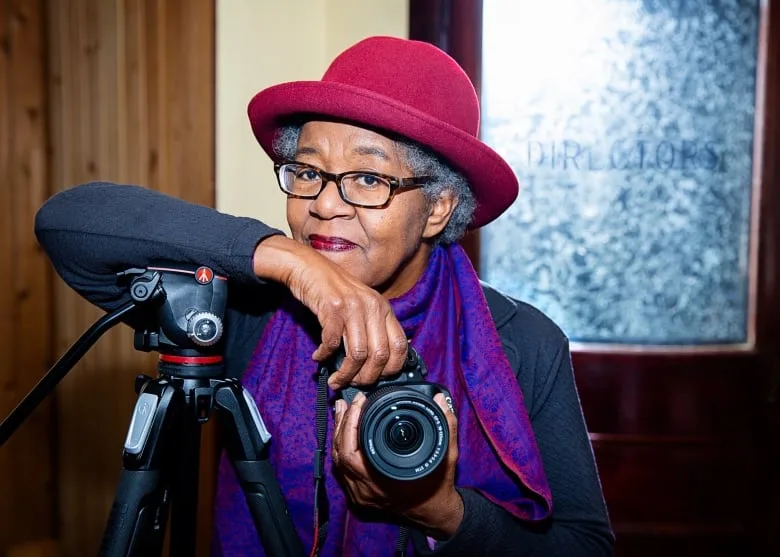An international university conference that will examine slavery, reparations and education in Nova Scotia and around the world is being held in Halifax this week.
The Universities Studying Slavery consortium is made up of a group of schools from Canada, the United States, Colombia, Scotland, Ireland and England, and is dedicated to researching, acknowledging and atoning for their institution’s history with slavery.
The consortium’s annual conference, which was postponed for two years due to the COVID-19 pandemic, is set to start on Wednesday.
It’s being hosted by Dalhousie University and the University of King’s College in partnership with the Black Cultural Centre of Nova Scotia.
This is the first time the conference is being held outside the United States.
“We wanted for it to be big,” Afua Cooper told CBC Radio’s Information Morning Halifax on Tuesday.
“We wanted to showcase Nova Scotia, to showcase Halifax, to showcase Canada and also to delve into the histories of enslavement in this province and in this country, so I’m very excited about it.”
Information Morning – NS11:19Halifax’s first time hosting international conference on slavery
Featured VideoScholars and historians from across the globe will be in Halifax, for the Universities Studying Slavery Conference. It’s the first time the conference is being held outside the United States. Distinguished local academics Dr. Afua Cooper and Dr. Sylvia Hamilton are guest speakers.
Cooper, who holds the Killam Research Chair in Black and African Diaspora Studies at Dalhousie University and is the director of the Black People’s History of Canada, will speak at the event.
She will also lead a roundtable discussion on rethinking Black Loyalist history. Cooper said people often only consider that topic in the Nova Scotian context and fail to look at the bigger picture, which included New Brunswick and Upper and Lower Canada.
“We kind of think that everything ends in 1792 when a third of the Black Loyalists went off to Sierra Leone,” she said.
“But in fact, we believe that when that cohort went to Sierra Leone, slavery actually became even more entrenched or there was more Black unfreedom within these two Maritime provinces.”

Dr. Sylvia Hamilton, a Nova Scotia artist and the Inglis professor at King’s, will also give a talk at the conference. It will examine the lessons learned and legacies of the descendents of formerly enslaved people during the Loyalist period and when Black refugees came to Nova Scotia after the War of 1812.
“Freedom was really very elusive and when we think about it, it was only 1834 that slavery was abolished in British colonies and the assumption is that once that act was passed, everything was fine,” Hamilton told Information Morning.
“Well, that wasn’t the case at all. The legacies of slavery are still with us today in place names, in some of the attitudes that have trickled down.”
She said she wants to connect what she calls the “unbroken line of the Black presence, the presence of African-descended people in Nova Scotia” by bringing their work into contemporary times.
Hamilton said she has found it challenging to uncover the history of those Black leaders, including Loyalists Thomas Peters and Catherine Abernathy, and Rev. Richard Preston, who founded the African United Baptist Association in Nova Scotia.
“I call them visionaries because they had a belief that things could be better,” she said.
“And from my point of view, what I try to do is to uphold that belief and to not disappoint, by uncovering those stories and finding ways to share those stories with the broader public.”
Cooper and Hamilton will be joined by several other keynote speakers including John Mahama, the former president of Ghana; George Elliott Clarke, a renowned poet and a professor at the University of Toronto; and David Comissiong, a Barbadian lawyer and former senator, among others.
The conference runs until Saturday and those interested in attending can still register on the consortium’s website.
For more stories about the experiences of Black Canadians — from anti-Black racism to success stories within the Black community — check out Being Black in Canada, a CBC project Black Canadians can be proud of. You can read more stories here.



